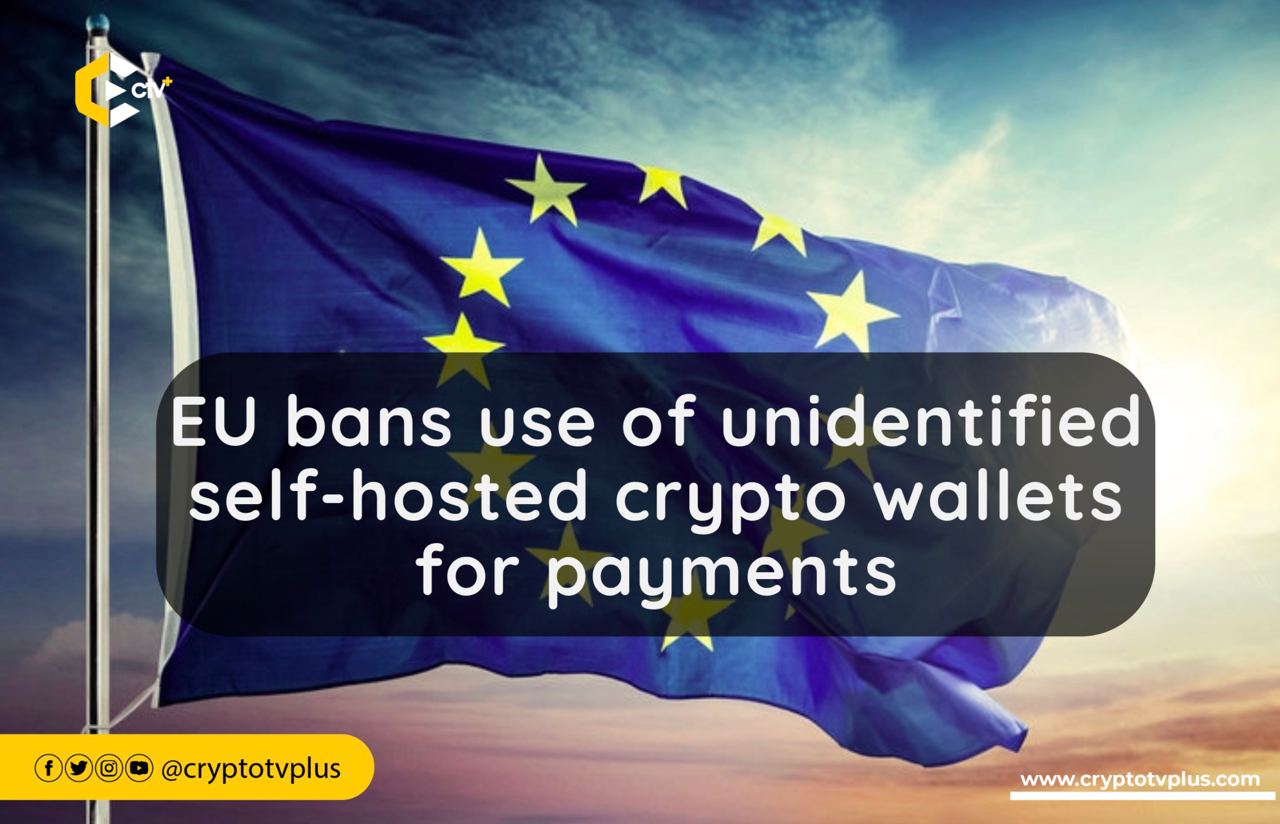News
EU bans use of unidentified self-hosted crypto wallets for payments

The European Union (EU) has recently revised its regulations on digital assets to ban cryptocurrency payments made through unidentified self-hosted crypto wallets, regardless of their size.
This decision is a key component of the new anti-money laundering laws being implemented across the continent, as reported by Patrick Beyer.
According to his post, the majority of the EU Parliament’s lead commission approved the ban on March 19, with only two members, including Patrick Breyer and Gunnar Beck, opposing the decision.
Dr. Patrick Breyer is a German digital rights activist, jurist, and politician affiliated with the Pirate Party Germany and the European Pirate Party.
Before his role in the European Parliament, Breyer served as a member of the state parliament of Schleswig-Holstein from 2012 to 2017.
He is known for his work in defending human rights in the digital age, particularly focusing on issues related to civil liberties, justice, and home affairs. Breyer is actively involved in advocating for digital freedom, and privacy rights, and fighting against mass surveillance.
He revealed that under the new anti-money laundering law, certain thresholds for cash payments are also prohibited, along with anonymous cryptocurrency payments. In particular, cash payments exceeding €10,000 and anonymous cash payments above €3,000 are now deemed illegal in the EU.
In case you missed this, see how MiCA regulation is shaping the crypto landscape in the European Union.
Additional information confirmed that the forthcoming law, anticipated to take effect within three years, aims to regulate transactions involving payments in cryptocurrencies from anonymous self-custody wallets to service providers.
Patrick Breyer, a European Parliament member, doubts if laws like these fight crime. He believes that anonymous payments are crucial for people’s financial freedom.
Breyer cautioned against the downsides of limiting personal payment freedom, like relying too much on banks and risking financial exclusion.
While there are valid concerns about criminal activities involving cryptocurrency, with Chainalysis reporting millions of dollars stolen through crypto, the EU established MiCA as a framework to regulate the digital assets economy.
Nonetheless, it seems they’re considering imposing stricter regulations on crypto, potentially extending to cash transactions.

























Pingback: Polyhedra plans $15 million worth of airdrop | CryptoTvplus - The Leading Blockchain Media Firm
Pingback: Polyhedra plans $15 million worth of airdrop | CryptoTvplus - CryptoNews100.com